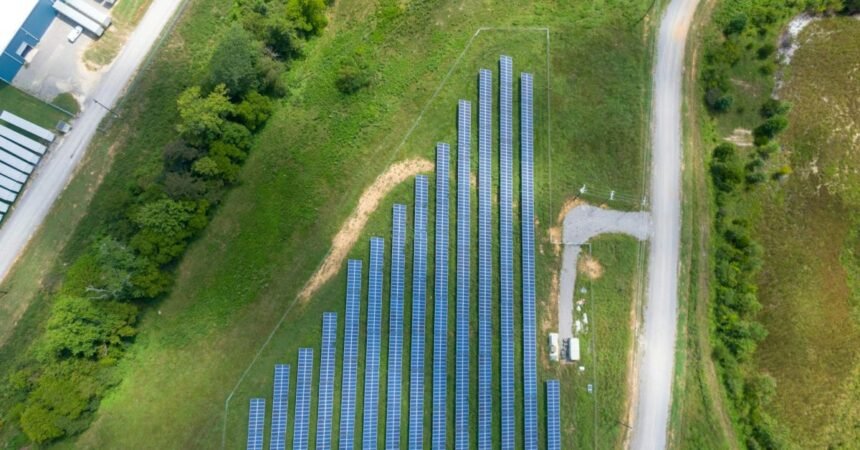In the first quarter of 2025, the clean energy sector in the United States faced significant setbacks due to the repeated executive order attacks on clean energy policy by the Trump administration. Nearly $8 billion in investments and 16 new large-scale factories and projects were either cancelled, closed, or downsized during this period. This represented a drastic increase compared to the previous 30 months, with a total of $7.9 billion in investments withdrawn since January.
Despite these challenges, there is still a strong interest from companies to invest in renewable energy in the US. In March alone, businesses announced 10 projects worth over $1.6 billion for new solar, electric vehicle (EV), and grid and transmission equipment factories across six states. One notable project is Tesla’s plan to invest $200 million in a battery factory near Houston, expected to create at least 1,500 new jobs. In total, these projects are projected to create at least 5,000 new permanent jobs upon completion.
However, the uncertainty surrounding the Trump administration’s policies and the future of clean energy tax credits is causing concern among clean energy companies. Michael Timberlake of E2, a nonpartisan policy group, emphasized that if this market uncertainty continues, more projects may be paused or halted, leading to job losses and missed opportunities for growth in the sector.
Despite the challenges, there have been significant investments in clean energy projects across the country. E2 has been tracking 390 major clean energy projects in 42 states and Puerto Rico, with companies planning to invest more than $133 billion and hire 122,000 permanent workers. However, the cancellation, downsizing, or closure of 34 clean energy projects since the passage of federal tax credits in August 2022 has resulted in the loss of over 15,000 jobs and $10 billion in planned investments.
In the first three months of 2025, 13 projects were either scrapped or scaled back, totaling more than $5 billion. This includes the cancellation of Bosch’s $200 million hydrogen fuel cell plant in South Carolina and Freyr Battery’s $2.5 billion battery factory in Georgia. Republican-led districts have been both beneficiaries and victims of the clean energy sector, with over $6 billion in projects and 10,000 jobs lost in GOP districts alone.
Looking ahead, it is crucial to address the challenges facing the clean energy sector and create a more stable and supportive environment for investments and job creation. By addressing policy uncertainties and ensuring the continuity of clean energy tax credits, the US can continue to attract investments and drive growth in the renewable energy industry.







